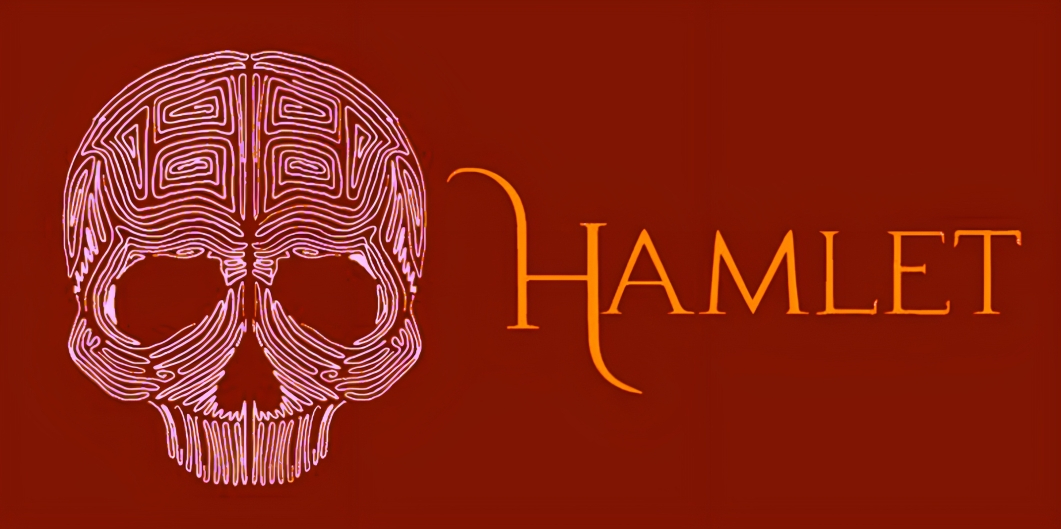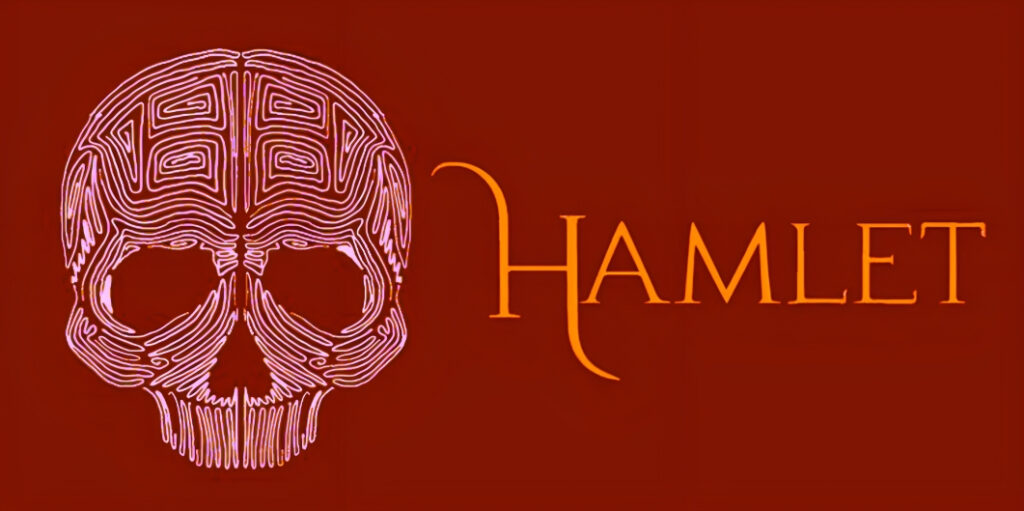Comment on the role of Rosencrantz and Guildenstern in William Shakespeare’s Hamlet

Role of Rosencrantz and Guildenstern
Rosencrantz and Guildenstern are two minor characters in William Shakespeare’s play Hamlet. They are childhood friends of Hamlet who are summoned to Elsinore by King Claudius and Queen Gertrude to spy on the troubled Prince. While their role in the play may seem insignificant, their characters provide significant insight into the themes of the play, including betrayal, fate, and the corrupt nature of power.
Rosencrantz and Guildenstern are presented as somewhat comical characters who are easily manipulated and unable to comprehend the complex political games being played around them. They are shown to be completely loyal to Claudius and Gertrude, and are more concerned with their own well-being than with Hamlet’s troubles. Their names are often used interchangeably, and they are portrayed as a sort of bumbling duo, with Rosencrantz as the more talkative and Guildenstern as the more thoughtful of the two.
Their ultimate fate is a tragic one. After they are unable to extract any useful information from Hamlet, they are sent with him to England, with orders to have him executed upon arrival. Hamlet discovers their orders and changes them, resulting in their own execution instead. This turn of events highlights the corrupt nature of power and the consequences of blindly following orders without questioning their morality.
One interpretation of their role in the play is that they represent the powerlessness of the individual against the forces of fate and political power. They are caught up in events that are beyond their control, and are unable to change the course of the play’s tragic outcome. This is reflected in their repeated references to the concept of “chance”, as they are unable to understand why events are unfolding as they are.
Another interpretation of their role is that they represent the theme of betrayal. While they are ostensibly Hamlet’s friends, they ultimately prove to be loyal to the King and Queen, rather than to Hamlet. This mirrors the larger theme of betrayal in the play, as Hamlet himself feels betrayed by those closest to him, including his mother and his closest friend, Horatio.
Some critics have suggested that Rosencrantz and Guildenstern are intended as a comedic relief in an otherwise bleak and tragic play. Their humorous banter and misunderstanding of the events around them provide a contrast to the seriousness of the play’s themes. However, others have argued that their role is more significant than mere comic relief, and that their fate is meant to serve as a warning to those who blindly follow those in power without questioning their morality.
Overall, while Rosencrantz and Guildenstern may seem like minor characters in Hamlet, their role is significant in highlighting important themes of the play, including betrayal, fate, and the corrupt nature of power. Their fate serves as a cautionary tale about the dangers of blindly following orders without questioning their morality, and their characters provide a contrast to the seriousness of the play’s themes.
*****
Read More: Hamlet by William Shakespeare


